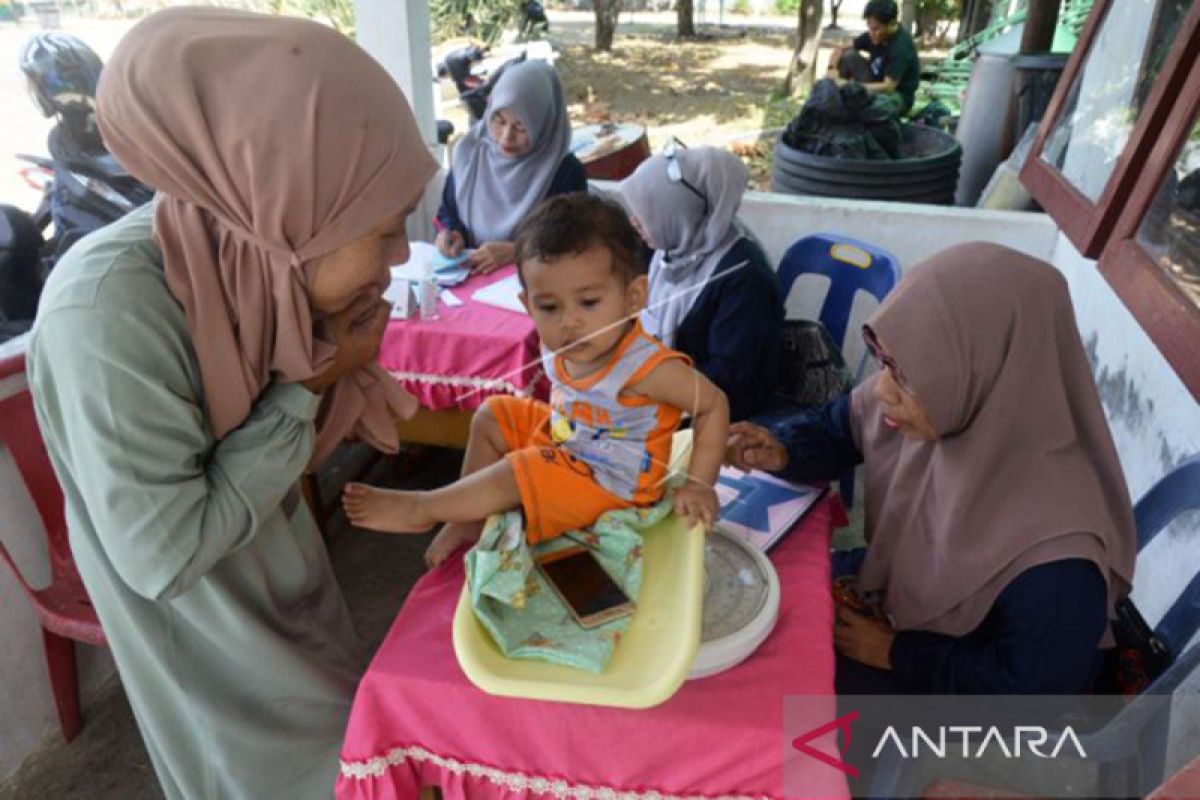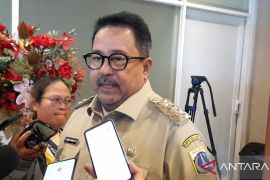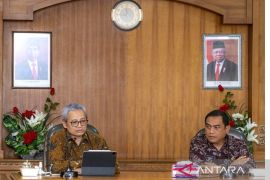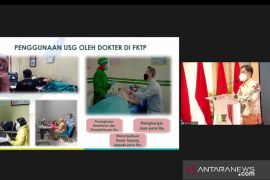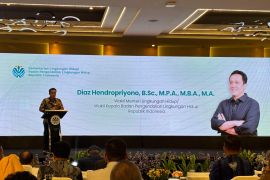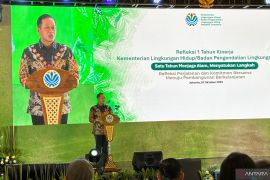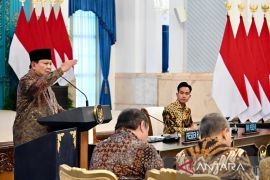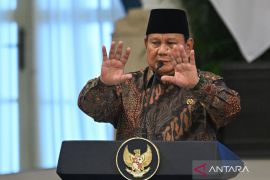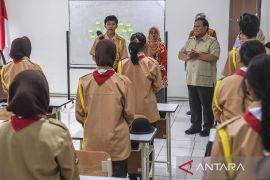"Aside from general services, they (posyandus) could provide simple treatment so that access is closer to the community," acting director for immunization management at the ministry, Prima Yosephine, said at a press conference here on Wednesday.
She expressed the hope that by making health services more accessible to the community, more people can be served by the government.
To this end, she stressed that the government needs cross-sectoral support and programs, including from private parties, to realize this vision.
Yosephine urged people to bring their children to health facilities to get complete immunization in order to improve their immunity against diseases.
Related news: Primary transformation extends Posyandu's role for all age groups
During the COVID-19 pandemic, the coverage of routine immunization among children in Indonesia recorded a decline.
According to data from the Health Ministry, more than 1.7 million Indonesian children did not receive or did not complete routine immunization in the 2019–2021 period.
In addition, a survey conducted by the ministry and UNICEF (United Nations International Children's Emergency Fund) in 2020 found that half of the surveyed parents did not want to bring their children to health facilities because they were afraid of COVID-19 transmission or were worried about inadequate health protocols.
Yosephine stressed that routine immunization is essential and needed by children so that they remain protected from various diseases that are caused by viruses, germs, and bacteria that exist around them, including in polluted water.
“These diseases can be prevented with immunization. Do not let outbreaks arise after the COVID-19 pandemic due to unfulfilled routine immunizations among children," she added.
Related news: Family planning, posyandu crucial for controlling maternal mortality
Translator: Nanien Yuniar, Raka Adji
Editor: Rahmad Nasution
Copyright © ANTARA 2022
